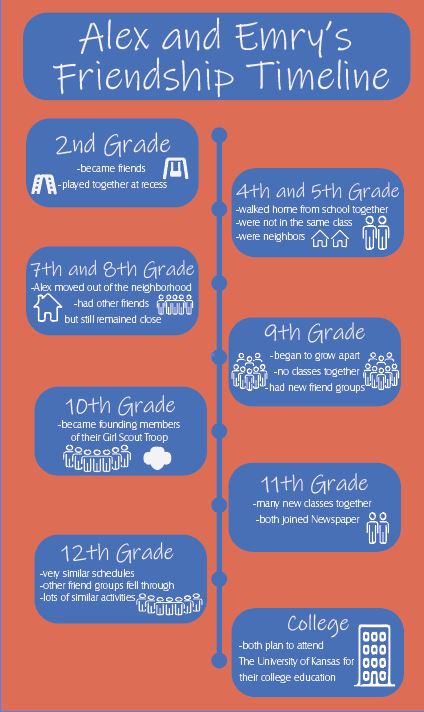Some students think that the detentions given by teachers for being tardy or the zero in the grade book for not having homework done are strict punishments. Junior Maryam Ogunbiyi would probably think that our discipline actions are fairly easy when compared to her native Nigeria.
“If you were late to school, you would have to walk around the school and pick up all the trash that you find around for about fifteen minutes,” Ogunbiyi said. “Sometimes you would have to kneel down and raise your hands up. They are pretty big on homework. Say you have 10 questions and you miss one, you got smacked, meaning you got hit with a branch from a tree usually on your palm.”
Living in Lagos, Nigeria for the beginning of her life, Ogunbiyi first moved to New York and then moved to several other states before settling in Hays in 2009.
“I moved to the United States when I was 9 years old,” Ogunbiyi said. “I haven’t been back to Nigeria since I came to this country.”
With a new country comes a new education system. From Nigeria to the United States, there are differences in the way the school is laid out in terms of location as well as the number of years that you go.
“The school was in the vicinity of the University of Lagos,” Ogunbiyi said. “It was huge and the primary school, secondary school, and college were all in the same location. You finished primary and secondary school and then go on to college at the age of 16.”
Discipline is also a difference between the schools in Nigeria and ones in the United States.
“You say ‘Yes ma’am or ‘No sir’ and you never talk back,” Ogunbiyi said. “Also, all adults are never to be called by their first name.”
Hays students follow a block schedule, having four classes a day and seven-minute passing periods, which give students a chance to get up and move around during the day.
“We stay in the same class the entire day and the teachers are the ones that rotate,” Ogunbiyi said. “History was of course different but all of the other classes were mostly the same.”
According to Ogunbiyi, school systems are not the only major differences between these two countries. The cultures are also very different from each other. Religion is a factor in the lives of people in Nigeria, the common religions being Islam and Christianity. Religion can be seen in school while that is not common in the United States.
“The country is divided and basically the north is mostly Muslim and the south is mostly Christian,” Ogunbiyi said. “Every morning before school started, we would have an assembly and the Christians would go to one side and the Muslims would go to the other side and we would do our prayers.”
For Ogunbiyi, both school systems have advantages and disadvantages.
“I like both school systems because they are both good in their own ways,” Ogunbiyi said. “I like American school because it has a lot of diversity and the public schools are practically cost free up until college.”




![English teacher Vanessa Schumacher likes to decorate her classroom for Christmas along with her house. Her school decorations are complete with a mini tree, as well as festive garland and lights hung around her room. “Every year I bring [the tree] on Nov. 1, or right after Halloween,” Schumacher said. “I bring it just to be funny.”](http://hayshighguidon.com/wp-content/uploads/2022/12/Christmas-Decorating-Schumacher-Tree.jpg)


